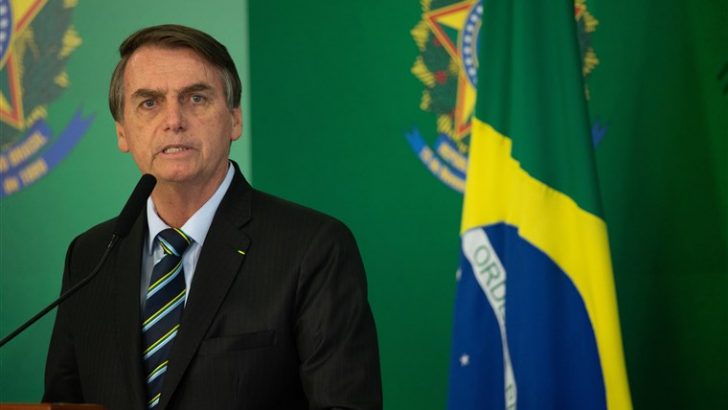The fight against poverty and social inequalities, as well as harsh criticism of President Jair Bolsonaro’s handling of the Covid-19 pandemic dictated this year’s Cry of the Excluded protests. Despite the ongoing pandemic, several cities had live demonstrations to mark the annual event, sponsored by the Brazilian bishops’ conference.
“We are in difficult times. The coronavirus pandemic has already killed thousands of people; thousands of families are suffering from having lost loved ones. Unfortunately, there is an omission on the part of the Brazilian government, unwillingness to resolve health issues,” stated this year’s letter to Catholics from the bishops. This year’s motto was ‘Enough of misery, prejudice and repression! We want work, land, housing and participation!’
Protests were held in at least 15 of the 27 Brazilian states, and many dioceses held virtual events to mark the occasion, already in its 26th year.
Protesters also participated in religious celebrations, held meetings with the homeless, distributed food baskets and hygiene materials and planted trees.
“More than an articulation, the Cry is a process, a popular manifestation full of symbolism, which integrates people, groups, entities, churches and social movements committed to the causes of the excluded. It springs from the ground, is ecumenical and lived in the practice of popular struggles for rights,” says part of the historical document about the events.


 President Jair Bolsonaro
Photo: Getty Images
President Jair Bolsonaro
Photo: Getty Images